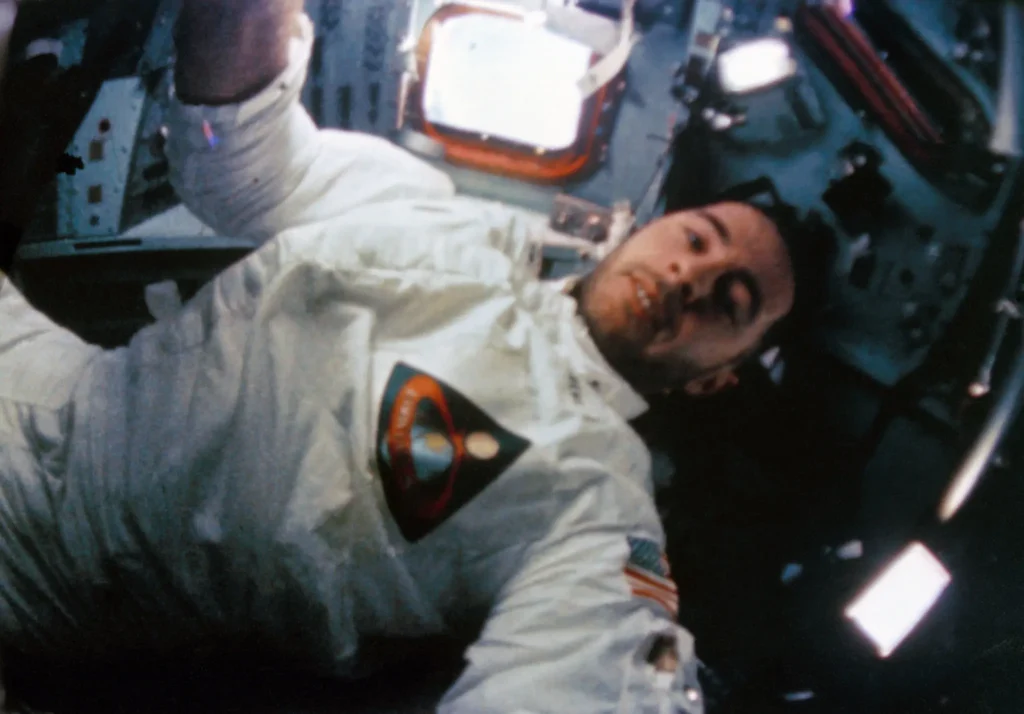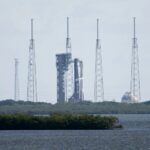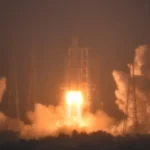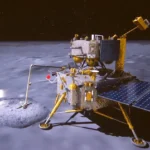William A. Anders, a distinguished figure in space exploration and a pivotal member of the historic Apollo 8 mission, has passed away at the age of 90. Anders, a Major General at the time of the Apollo 8 mission, captured the iconic “Earthrise” photograph during the voyage, a moment that became synonymous with the burgeoning environmental movement.

On Christmas Eve of 1968, William A. Anders, alongside Colonel Frank Borman and Captain James A. Lovell Jr., embarked on the groundbreaking Apollo 8 mission, marking humanity’s first journey into lunar orbit. During this mission, Anders, responsible for overseeing the spacecraft’s electronic and communications systems, seized the opportunity to photograph Earth rising above the lunar horizon in vivid color, an image that profoundly impacted viewers worldwide.
Tragically, Anders met his demise on Friday morning while piloting a small aircraft near Seattle, Washington. His son, Greg, confirmed the unfortunate incident, which is currently under investigation by aviation authorities.
The significance of Anders’s contributions to space exploration extends beyond his role in the Apollo 8 mission. His remarkable career saw him transition from a fighter pilot to a space radiation specialist at NASA, where he trained for missions involving lunar landings. Despite encountering delays in the development of crucial equipment, such as the lunar module, Anders and his fellow astronauts embarked on the historic lunar orbit mission, a feat that captured the imagination of a nation amidst a backdrop of social and political turmoil.
The enduring legacy of the Apollo 8 mission lies not only in its technical achievements but also in the profound impact of Anders’s “Earthrise” photograph. This iconic image served as a catalyst for the environmental movement, inspiring generations to appreciate the beauty and fragility of our planet.
Beyond his illustrious career in space exploration, William A. Anders held various leadership positions, including executive roles at renowned organizations such as General Electric and Textron. His contributions to national security and nuclear regulation underscore his commitment to public service and technological advancement.
As we bid farewell to William A. Anders, we reflect on his enduring legacy as a pioneer in space exploration and a steward of scientific progress. Though he may have departed from this world, his contributions to humanity’s understanding of the cosmos will continue to inspire future generations of explorers and innovators.








